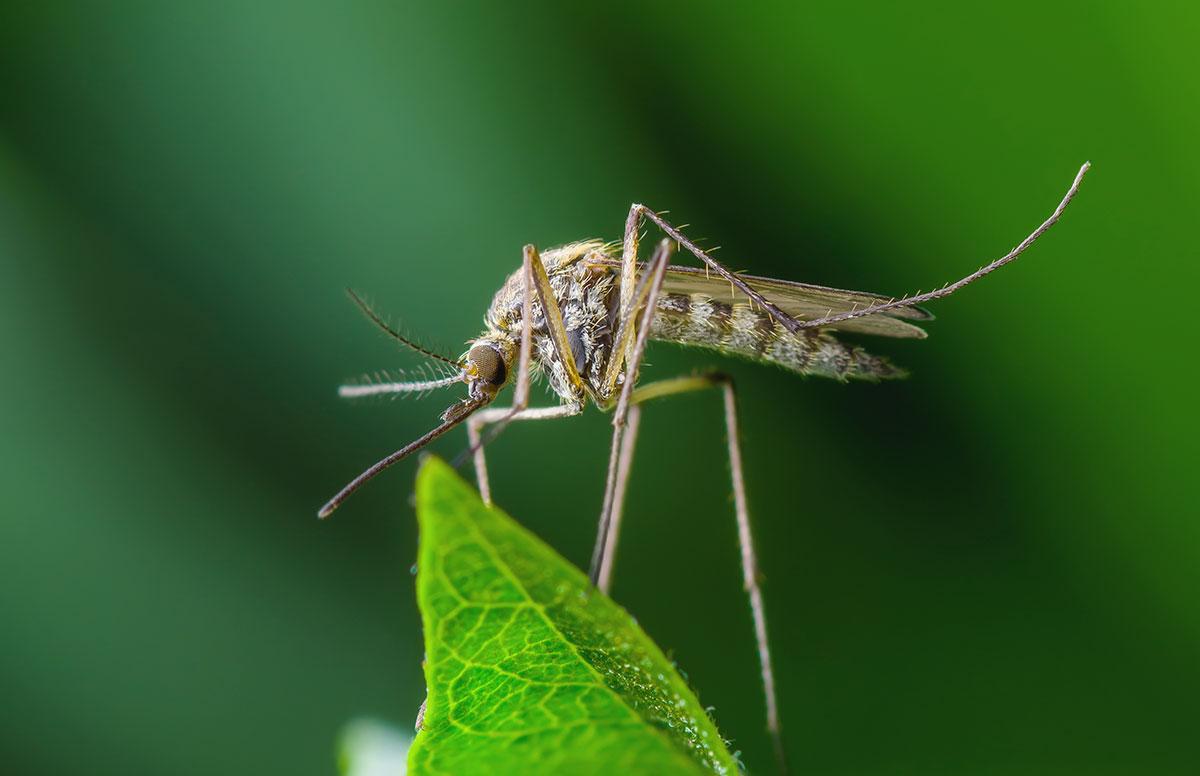Read the research that inspired this case study here.
Who
A team of researchers at the University of Arizona
Challenge:
Each year diseases caused by blood-feeding insects—including malaria, West Nile, Zika and Dengue fever—afflict more than 500 million people worldwide, and annually nearly a million deaths are caused by mosquito-borne diseases. While methods for mosquito control exist, many (e.g., DDT pesticides) have been used for so long that insects have become resistant to them. Moreover, where current methods of pest control are still effective at reducing mosquito populations and human disease transmission, they can be harmful to other beneficial species, such as honey bees.
Opportunity:
The development of a drug that prevents mosquito eggs from hatching could act as birth control for mosquito populations that carry and transmit human disease. This method would be less harmful to other insects and would address the issue of resistance.
"The inhibitors currently available to control mosquitoes have been used for so long that the pests are becoming resistant to them," Miesfeld says. "Our idea is to knock their populations down to a level where you can break the cycle of disease transmission between mosquitoes and humans."
-Roger Miesfeld, a UA Distinguished Professor and head of the Department of Chemistry and Biochemistry
How it works:
The University of Arizona researchers recently discovered what they have named the Eggshell Organizing Factor 1 (EOF-1) protein, which when selectively blocked, inhibits the formation of normal mosquito eggshells. This leads to the death of the mosquito embryo.
In addition to identifying this protein and demonstrating its role in forming mosquito eggshells, the research team was also able to show that the EOF-1 protein only exists in mosquitos. This means that any drug developed to inhibit the protein would exclusively target mosquitos, leaving other organisms unharmed.
Currently, a drug targeting the protein is not yet available, but the scientists involved are hoping to develop a small molecule drug that selectively inhibits mosquitos’ EOF-1, which would prevent eggs from hatching into larvae in areas of the world where mosquito-borne illnesses are most prevalent.
To transform their findings into an applicable product, the University of Arizona team is applying for a provisional patent that will allow for their innovative idea to be commercialized and eventually brought to communities that need it. Because of the strong intellectual property ecosystem supporting and protecting innovators, the team’s early concepts may soon become a life-saving tool in countries around the world.


